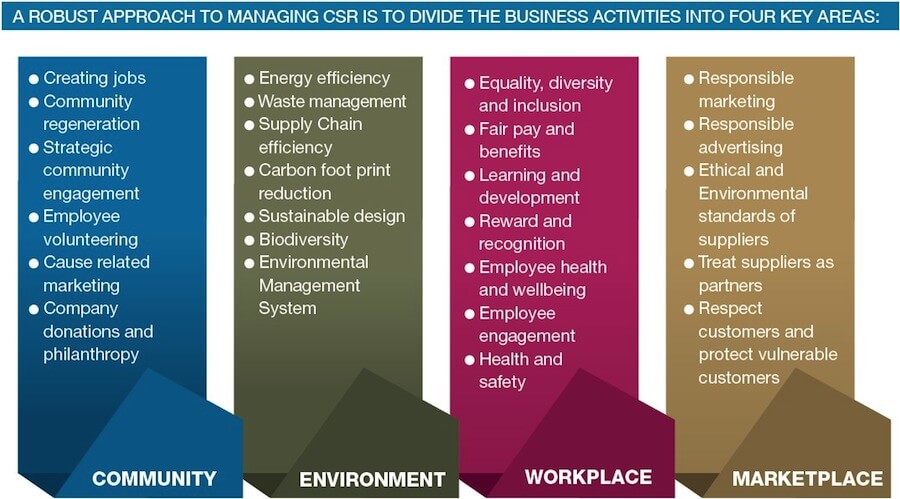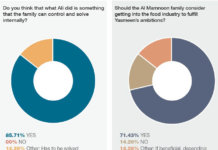Photo by rawpixel.com from Pexels
Family businesses are said to be the backbone of Arab economies. They are strongly embedded in their communities and consider themselves responsible not only for their own welfare but also for that of the people around them. They take great care in transmitting their values both to the next family generations as well as their non-family stakeholders. While culture and religion dictate many of these values, each family adds its own ingredient that often is based on a specific characteristic that can be traced back to the business founder. Generally, philanthropy is a great part of Arab culture and there is need of it for the region faces many social and environmental challenges that need to be addressed by the private sector. Like many other things in the family business, strategies around social engagement, while successful, tend to be informal. More and more, however, strategic CSR activities are emerging with families dedicating funds to job creation, poverty alleviation, education, and the arts, which are aligned with their core business activities.
But what is Corporate Social Responsibility and how have and can Arab family businesses successfully implement it? In this article Ben Eavis, International CSR Manager at the world’s largest law firm, DLA Piper, and Ramia M. El Agamy, Editor-in-Chief of Tharawat magazine, propose definitions of CSR, why it is a fit for family businesses, and, finally, a CSR checklist providing you with a tool to find out what type of CSR strategist you really are.
On Corporate Social Responsibility
Corporate Social Responsibility (also known as Corporate Responsibility or Sustainability) can be defined as conducting business in a way that not only aims to make a financial return but that encourages full awareness of the economic, social and environmental impacts of an organisation’s activities. Corporate Social Responsibility (CSR) describes the behaviours of an organisation that go beyond basic legal compliance and one that promotes a vision of responsible business practice, transparency, and accountability to stakeholders.
Strategic CSR goes beyond charity and philanthropy, it is about ensuring that businesses are serving the interests of society and the environment, whilst in turn the self-interest of the company. The concept of CSR is underpinned by the idea that corporations can no longer act as isolated economic entities operating in detachment from broader society. Key areas of CSR include environmental protection, the wellbeing of employees, financial transparency, suppliers ethical and environmental responsibilities and impacts on the community and civil society in general.
A robust approach to managing CSR is to divide the business activities into four key areas:
• Community – Managing the impact of the business on the community
• Environment – Managing the impact of business on the environment
• Workplace – Ensuring the business has a diverse, skilled and healthy workforce and promotes diversity, and fair pay.
• Marketplace – Responsible business behaviour throughout the supply chains and through the marketing and development of products and services.

Activities and policies within these four areas lead to the creation of “shared value”, which can be defined as the policies and operating practices that enhance the competitiveness of a company while simultaneously advancing the economic and social conditions in the communities in which it operates. The principle of shared value involves creating economic value in a way that also creates s”>value for society by addressing its needs and challenges. The creation of shared value is a new way to achieve economic success that links to the core of the business.
CSR in Arab Family Businesses
The Arab world faces many challenges on the social and environmental level: Unemployment, access to education, water scarcity, waste management, nt”>employee equality, and many other issues.
Family businesses, especially in the Arab world, are uniquely well equipped to design lasting and successful CSR strategies. Due to their natural inclination towards longevity and their understanding of how their success depends on their standing in the community</span>, Arab family businesses inherently carry all the characteristics of CSR strategists.
Some have commented that Arab business families are not being strategic and transparent in their philanthropy. This criticism may stem from the fact that whilst many families are renowned for the their charity, it is rarely known whether they engage in actual CSR planning. It stands to argue that in a region where the concept of CSR is still relatively young, there may be very little visibility of those families
















